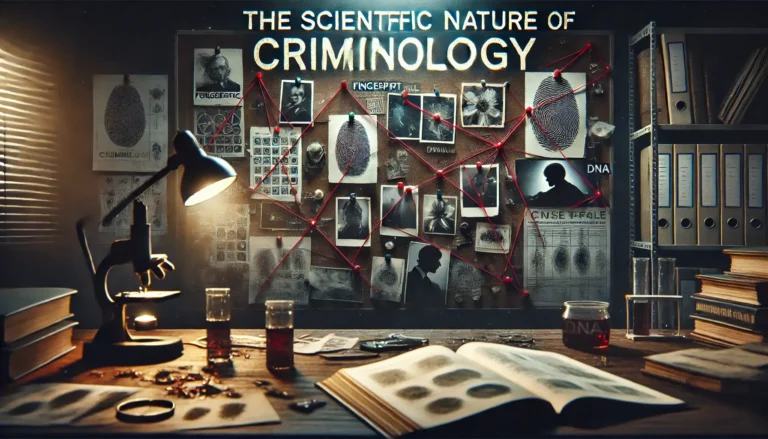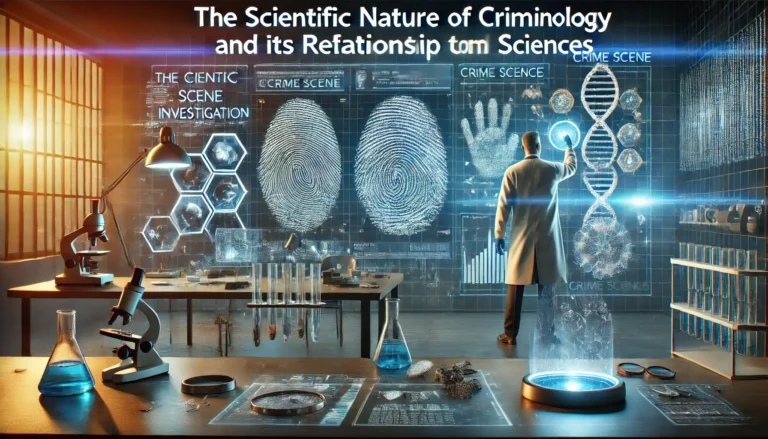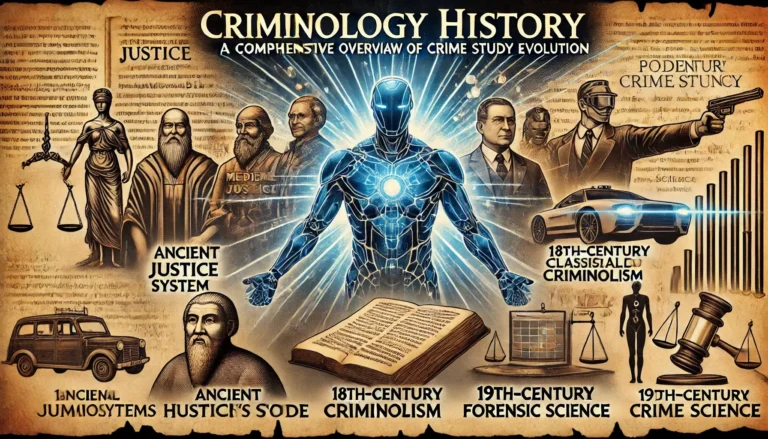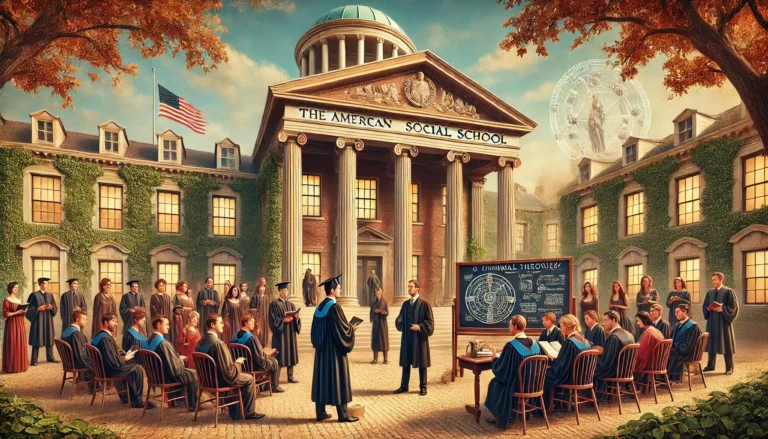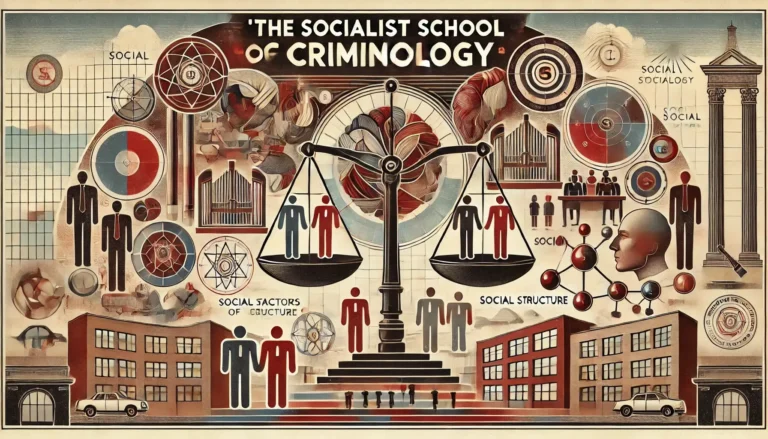The Scientific Method in Criminology: A Comprehensive Analysis
Introduction Criminology, as a scientific discipline, aims to understand, explain, and prevent criminal behavior using systematic methodologies. The scientific method in criminology ensures objectivity, accuracy, and reproducibility in research. This article delves into how the scientific method is applied in criminology, exploring key concepts, research methodologies, and their implications in criminal studies. Understanding the Scientific…



